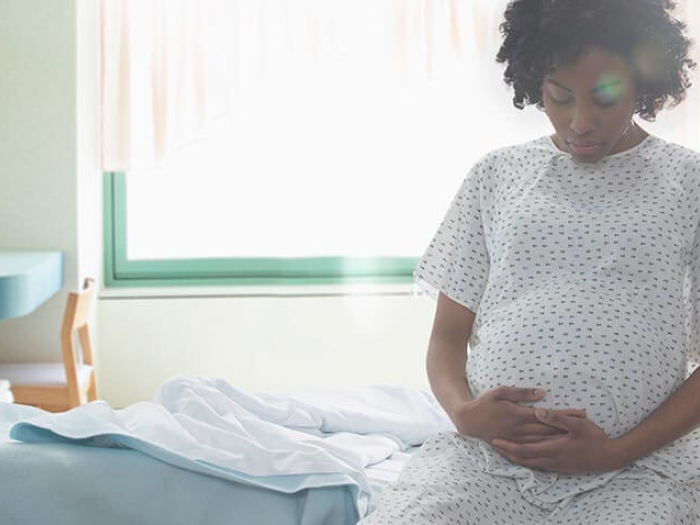Tobacco cessation incentivization program tested at the U-M Addiction Center will now be available to pregnant participants
4:40 PM

A completely virtual program has launched to promote smoking cessation among Medicaid enrolled expectant mothers in Michigan.
Molina Healthcare of Michigan, in partnership with Michigan Medicine, the University of Michigan’s academic medical center, will provide the Incentives2Quit Program, which uses monetary incentives, motivational text messaging, and engagement in the Michigan Tobacco Quitline to help people achieve long term tobacco cessation.
Tobacco use is the leading cause of preventable disease and death in Michigan claiming more lives than AIDS, alcohol, opioids, auto accidents, murders, and suicides combined.
Smoking during pregnancy is particularly risky, increasing risk of premature birth, low birth weight, and birth defects. Those with lower incomes, including historically marginalized populations, are disproportionately affected by smoking related diseases and deaths.
“Intervention programs like Incentives2Quit are crucial to improving health outcomes for all Michiganders, but especially children and their mothers,” said Terrisca Des Jardins, plan president for Molina Healthcare of Michigan.
“This is a proven high touch support program that promotes better health for expectant mothers and better health outcomes for babies. We plan to expand the program to additional populations after initial implementation.”
Quitting smoking is the single best behavior change an expectant mother can make to improve their health and the health of their baby,”
-- Lara Coughlin, Ph.D.
A team from Michigan Medicine’s CHOICE Lab will oversee the implementation of Incentives2Quit, which was initially piloted in partnership with the Michigan Department of Health and Human Services Tobacco Section, Michigan Primary Care Association and local health clinics.
The program provides small monetary incentives to participants to engage in the smoking cessation program via an online app, tailored motivational text messaging, and biologically verified breath tests that show if the person has smoked recently.
The smoking quit rate achieved in the pilot program far exceeded the national quit rate. The team will share full results from the pilot in upcoming academic meeting presentations and journal articles.
“Quitting smoking is the single best behavior change an expectant mother can make to improve their health and the health of their baby,” said Lara Coughlin, Ph.D., a clinical psychologist and assistant professor in the Department of Psychiatry at the University of Michigan Medical School.
“Molina’s leadership as the first managed care organization in Michigan to offer this program will directly contribute to healthier moms and babies.”
Coughlin directs the CHOICE Lab and is a member of the U-M Addiction Center and the Michigan Innovations in Addiction Care through Research and Education initiative, as well as the U-M Institute for Healthcare Policy and Innovation.
Adapted from Molina Healthcare
Sign up for Health Lab newsletters today. Get medical tips from top experts and learn about new scientific discoveries every week by subscribing to Health Lab’s two newsletters, Health & Wellness and Research & Innovation.
Sign up for the Health Lab Podcast: Add us on Spotify, Apple Podcasts or wherever you get you listen to your favorite shows.

Explore a variety of health care news & stories by visiting the Health Lab home page for more articles.

Department of Communication at Michigan Medicine

Want top health & research news weekly? Sign up for Health Lab’s newsletters today!





